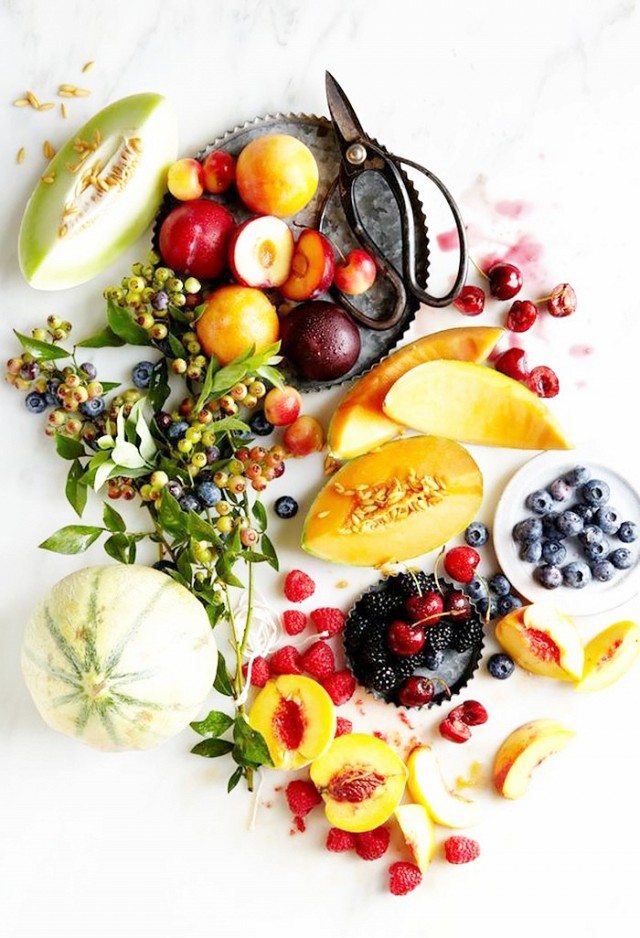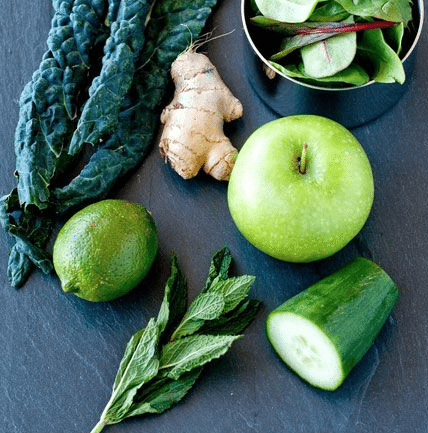Recently there has been a lot of buzz about alkaline diets. Particularly heard about and followed by many Hollywood actresses, this new diet may be the key to staying thin.
What is it?

An alkaline diet eliminates foods that produce acid in the body. The pH balance works on a scale of 0-14. A pH of 0 is completely acidic and a pH of 14 is pure alkaline. A neutral pH is 7. Our blood pH is somewhere between 7.35 and 7.45 which is slightly alkaline. Our stomachs are 3.5, which is very acidic to help breakdown food. It is important to understand that a food’s alkaline or acid-forming tendency in the body has nothing to with the actual pH of the food. For example, oranges are mostly acid
(citric acid) but they do not have an acidic effect on the body; instead they have an alkalizing effect.
The thought process behind an alkaline diet is by removing acid producing foods our bodies are taxed less. Alkaline diets are thought to help reduce the acid load on the body and acid detoxification systems, such as the kidneys. Diseases like arthritis and inflammation can be reduced as well. However, some doctors and health specialists express concern because the pH of our blood cannot really be altered.
Why is it popular?
Alkaline diets are very low in calories and if followed diligently, could keep anyone skinny. Foods to avoid on an alkaline diet are meat, caffeine, grains, legumes, fish, alcohol, poultry and eggs. By cutting out just the animal based protein alone weight loss (and muscle loss) will occur. The majority of calories are to come from vegetables, fruits, certain whole grains and plant based proteins. Below are examples of what is allowed.
Alkaline vegetables: beets, broccoli, cauliflower, celery, kale, cucumber, lettuce, onion, peas, peppers and spinach
Alkaline fruits: Apple, Banana, Berries, Cantaloupe, Grapes, Melon, Lemon, Orange, Peach, Pear, Watermelon
Alkalizing Protein: Almonds, Chestnuts, Tofu
Alkalizing Spices: Cinnamon, Curry, Ginger, Mustard, Sea Salt
The Consensus:
The diet seems healthy due to the high levels of fruits and vegetables; the concern lies with ensuring enough protein consumption. As long as tofu and plant based proteins are present in the daily diet, we think it is worth trying.


